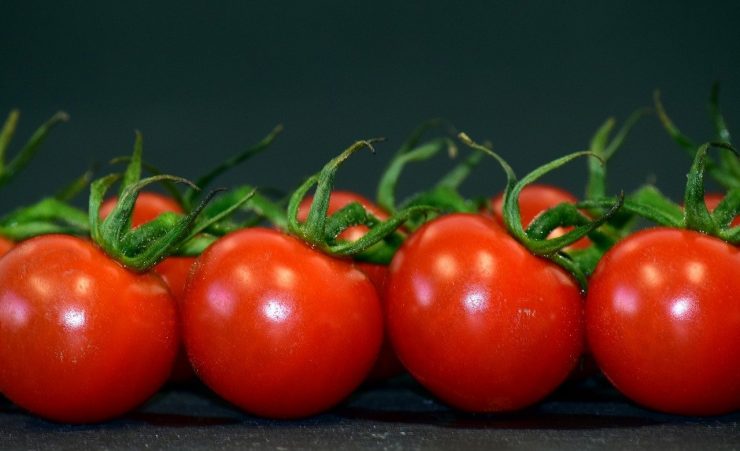Bones are the support system of our body and its structure. It is essential to keep them healthy and strong to live a healthy life.
Bones are constantly breaking down and especially after the age of 30, the process of bone manufacture by the human body slows down and the ratio tilts towards more bone degradation than regeneration.
It is absolutely essential, then, for us to provide suitable nourishment for our bones so that they should sustain this degradation process as well as any falling accidents or bumps and bruises which may occur during our daily lives.
Below we will discuss some factors affecting our declining bone strength and how to counter the issue.
Family History
First off, have a working knowledge of your family history as it is the best indicator of your bone health. So, if your parents or grandparents had osteoporosis chances are you will also develop it in later stages. Go ahead and ask your grandma directly about her bone history as she passes the gravy at the next family dinner!
Consumption of calcium
Consume more calcium. When we think of strong bones, we immediately think about calcium. Calcium is not only good for our bones and teeth, but it is also helpful in proper muscle function, blood pressure, hormone secretion and nerve signaling. Foods rich in calcium includes milk, cheese, yogurt, collard green and spinach. But this mineral alone is not a solution to all bone loss problems.
Some research has proven that in postmenopausal women, the addition of calcium alone did not help to improve bone density.
Vitamin D
Better than just calcium alone, combining calcium and vitamin D aids in proper absorption of the bone building benefits of calcium. Simply boost vitamin D level by adding on foods like fish and whole eggs, or you can choose a vitamin D supplement. It is advisable to get your vitamin D levels (especially vitamin D3) checked prior to any supplementation.
Another natural way to increase our vitamin D production is to simply get some exposure to the sun for about 10-15 minutes three times a week. Make sure to not overexpose.
Vitamin K
Bone density can also be increased with vitamin K since it helps in blood clotting and also aids in making protein for your bones.
Fill up on vitamin K by including spinach, Swiss chard, broccoli and kale to your diet. In one particular study that combined vitamin K & D supplementation, vitamin K reduced the calcium content excreted by the body while the vitamin D stimulated calcium absorption in the intestine.
Potassium
Potassium helps to maintain muscle communication, nervous system health and also aid to remove waste from the cells. But it also neutralizes acids that remove calcium from the body.
Research suggests that women both passing through pre and post-menopause who had high potassium intake had better bone health that their lower potassium counterparts.
Another study on pre-menopausal women suggests a difference of 8% in density of bones between women who had more potassium and women who had less potassium intake.
Eat more potassium rich foods such as bananas, yogurts, white potatoes (with skin) and sweet potatoes to experience these bone building benefits.
Weight-Bearing Exercise
Regular “weight-bearing” exercise is a must for bone health, as sedentary lifestyles certainly increase the risk of osteoporosis in many folks. Several studies have proven that people who perform body weight exercises and strength based exercises tend to have higher bone density than their inactive counterparts.
Avoid Caffeine
Caffeine is not a sound option for strong bones, in fact it can actually speed up bone loss. Too much caffeine can hinder the calcium absorption process, and research has shown that even just 2 cups a day of coffee increased bone loss.
So consume caffeine in moderation and boost your calcium levels simultaneously.
Cutting the habit
Avoid smoking. Multiple studies have shown that smoking hinders the absorption of calcium, thus reducing bone mass.
Remember that bone degradation is a natural and continuous process and without proper nourishment it can lead to various health problems, from mild to severe, and may lead to permanent disability.











